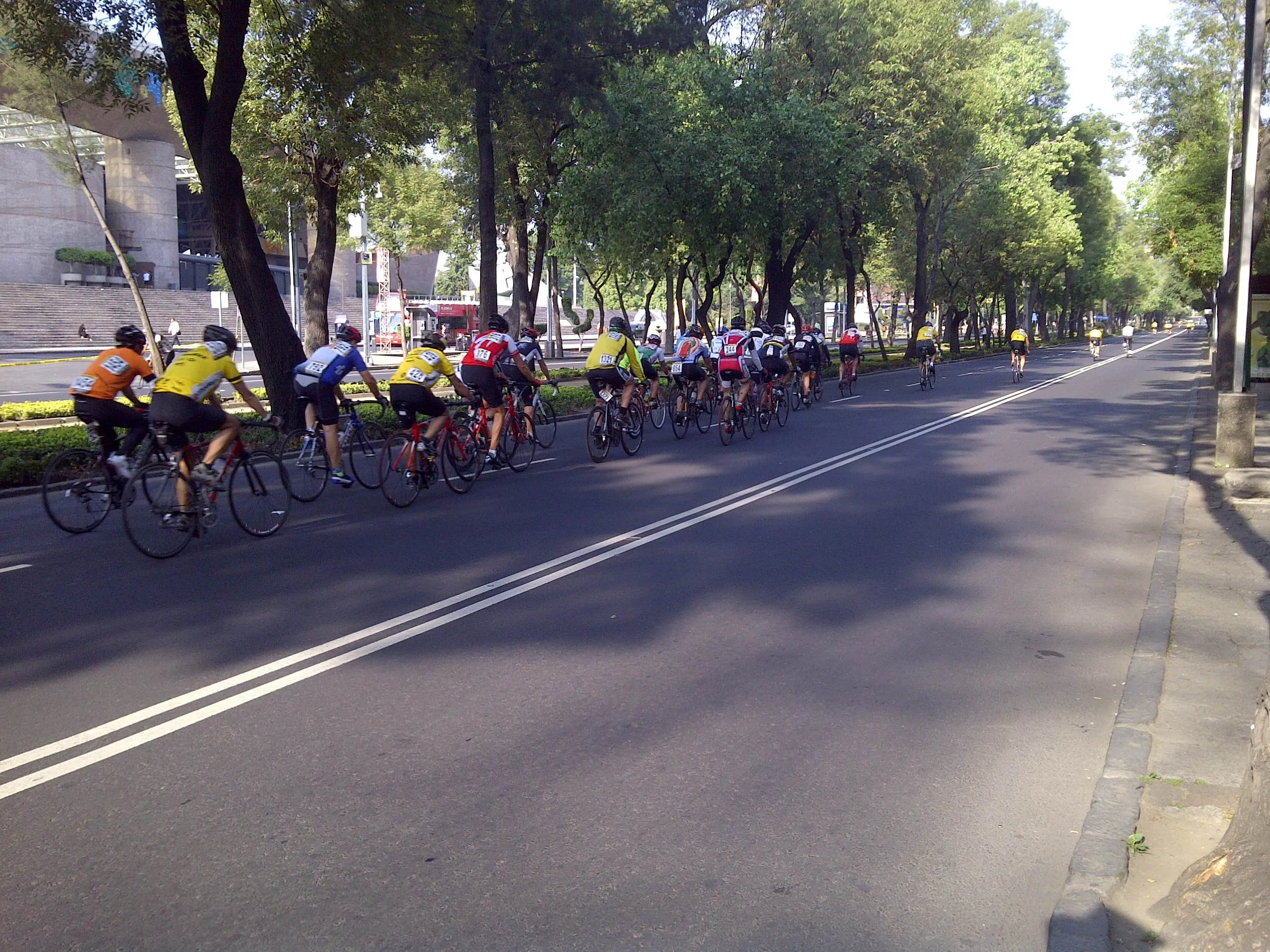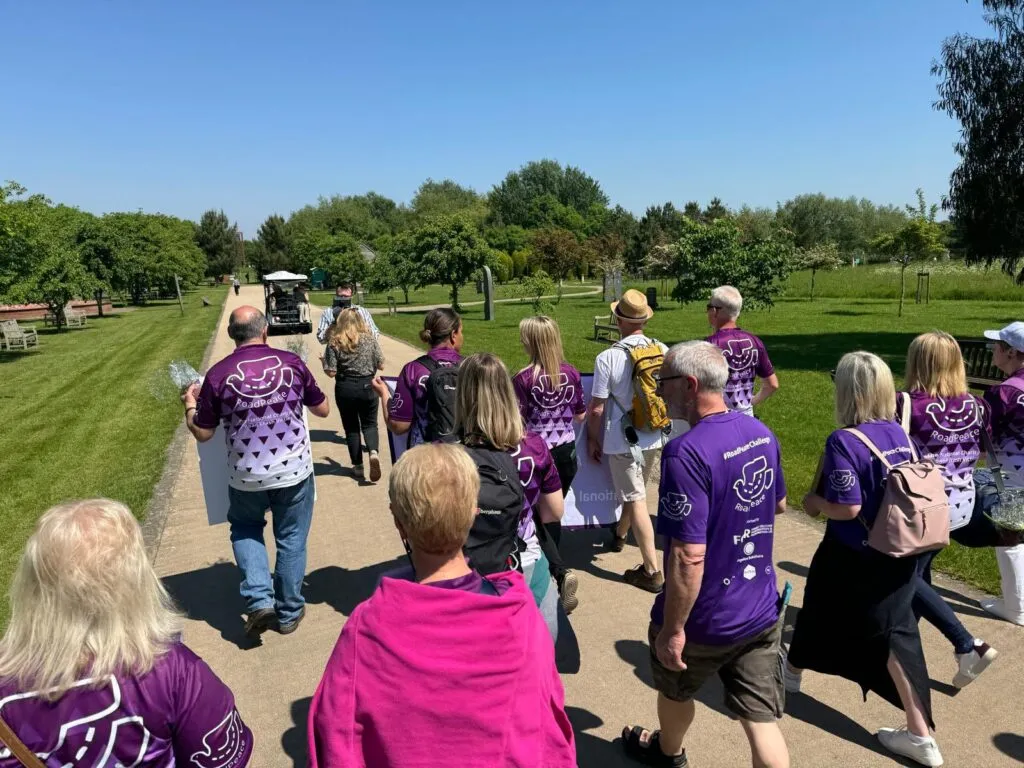
UN Global Road Safety Week is here once again, from 12-18 May, and is focussing on “Streets for Life: #MakeWalkingSafe and #MakeCyclingSafe”.
iRAP is proud to join this global effort to raise awareness and promote advocacy and action for safer road infrastructure for pedestrians and cyclists with a suite of free evidence-based tools and data insights.
Road traffic injuries are a leading cause of death and disability worldwide, with nearly 1.2 million people killed and as many as 50 million people injured each year. They are the leading killer of young people aged 5-29 years. Globally, more than one in four deaths occur among pedestrians and cyclists
The 8th UN Global Road Safety Week offers an opportunity to spur action at national and local levels to make walking and cycling safe, by highlighting concrete and specific interventions that can be taken by different stakeholders – governments, international agencies, civil society, businesses and schools.
These actions will help promote and facilitate a shift to walking and cycling, which are healthier, greener, more sustainable and economically advantageous modes of transport. This will also contribute, directly and indirectly, to the attainment of many Sustainable Development Goals.
iRAP offers a suite of free, evidence-based tools and resources to support the creation of safer environments for vulnerable road users, in use by its partners in more than 130 countries. The tools support the achievement of UN Targets 3 and 4 which include ensuring all new roads are built to a 3-star or better standard for all road users (Target 3), and more than 75% of travel is on the equivalent of 3-star or better roads for all road users by 2030 (Target 4).
Adapting to climate change also requires efforts to shift travel to less carbon-intensive travel modes. Safety is a key factor in creating this change. When people feel that an environment is safe, they are more likely to feel comfortable walking and cycling and using public transport.
The iRAP methodologies and tools are available to help planners and designers ensure that pedestrian and cycling facilities are rated 3-stars or better for safety.







